Activism
Norma Baumel Joseph
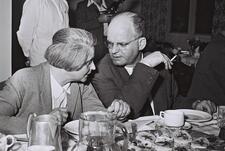
Senta Josephthal
Senta Josephthal was German-born Zionist activist who was particularly influential in the kibbutz movement. She trained and recruited young Germans to the movement and represented the kibbutz movement in national organizations and political arenas after emigrating to Palestine.
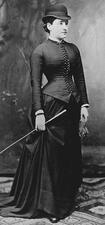
Juedischer Frauenbund (The League of Jewish Women)
Founded in 1904, The League of Jewish Women pursued secular German feminist goals while maintaining a strong sense of Jewish identity. The League supported vulnerable women through practical social reforms while fighting for political power within the German Jewish community. It saw employment opportunities as essential to women’s economic, psychological, and emotional independence.
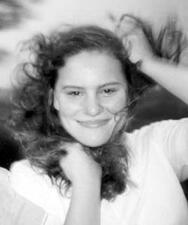
Hannah Jukovsky
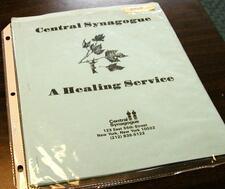
JWRC: Eleanor Leff Jewish Women's Resource Center
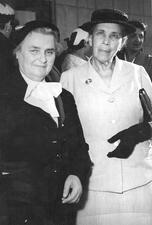
Rachel Kagan (Cohen)
Amalia Kahana-Carmon
Amalia Kahana-Carmon was an Israeli author, activist, literary critic, and feminist. She was the recipient of many prestigious literary prizes, the “darling” of Israeli academe, and the subject of several scholarly Hebrew monograph. Her Woolfian Modernist literary works have contributed to the development of Israeli postmodernist, multicultural feminism.
Jacqueline Shohet Kahanoff
Jacqueline Shohet Kahanoff was an Egyptian-Jewish essayist, novelist, journalist, and literary critic. She is best known for promoting “Levantinism,” a social model for coexistence in Israel—a concept she articulates most fully in her “A Generation of Levantines” essays (1959). Her writings have inspired generations of Sephardi and Mizrahi writers in Israel.
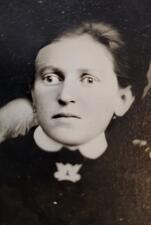
Adina Kahansky
Zionist and women's rights activist Adina Kahansky emigrated from Lithuania to Argentina in 1894 and arrived in Erez Israel in 1902. One of the first two women in the Yishuv elected to a local council, he settled in Rishon le-Zion, joined women's organizations, and published in the Hebrew press advocating for women’s rights, the implementation of the Hebrew language, and a Jewish state.
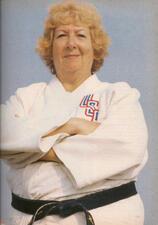
Rusty Kanokogi
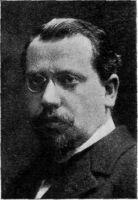
Mordecai Kaplan
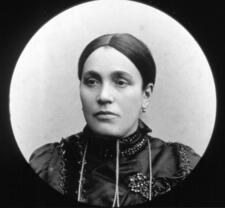
Taube Kaplan
Taube Kaplan (the Greene Rebitzin) was the principal fundraiser and founder of the Hebrew Maternity Ward, founded in 1916 in the Plateau-Mont Royal neighborhood of Montréal, Quebec. Her efforts contributed to a reduction in maternal and infant mortality in Montreal’s Jewish community. Kaplan also raised funds for the establishment of the Jewish General Hospital, which opened its doors in 1934.
Régine Karlin-Orfinger
Régine Karlin’s resistance activities would alone have warranted esteem and recognition, but she did not desist from further work. Totally bilingual in French and Dutch and even polyglot, since she was also proficient in both English and Russian, she had a brilliant career as a lawyer, characterized by her militant and unwavering support of causes that she considered just.
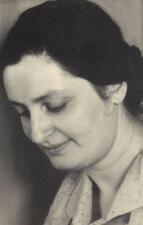
Hannah Karminski
During the mid-1920s and the 1930s in Germany, Hannah Karminski served as secretary of the League of Jewish Women and, from 1924 to 1938, as editor of its newsletter. After the forced liquidation of the League in 1938, Karminski remained in Germany and continued her work in the Reich Association of Jews in Germany, assisting with the kindertransports and welfare. She was deported to Auschwitz and murdered in 1942.
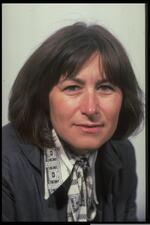
Yehudit Karp
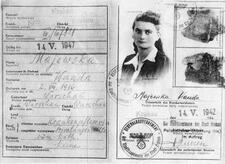
Kashariyot (Couriers) in the Jewish Resistance During the Holocaust
Kashariyot were young women who traveled on illegal missions for the Jewish resistance in German-occupied Eastern Europe during the Holocaust. They smuggled goods, news, and other Jews in and out of the ghettos of Poland, Lithuania, and parts of Russia. While those who fought the Germans within the ghettos are often most celebrated for their heroism, kashariyot were essential in the survival of Jews within ghettos.
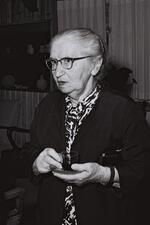
Rahel Katznelson
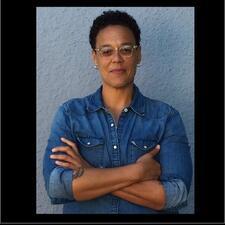
Ilana Kaufman
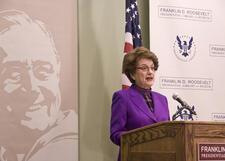
Judith S. Kaye
Judith S. Kaye was the first woman to serve as chief judge of the state of New York and chief judge of the Court of Appeals of the state of New York.
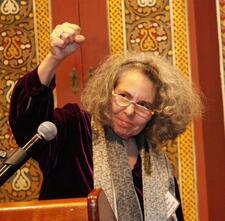
Melanie Kaye/Kantrowitz
Melanie Kaye/Kantrowitz (1945-2018) was a lesbian-feminist writer and editor. She made multiple theoretical contributions to understanding Judaism, lesbianism, and feminism as intersectional identities, extended an awareness of class and economic justice through a Jewish lens, and made visible racial differences within Jewish communities. She advocated Radical Diasporism as a progressive alternative to Zionism.
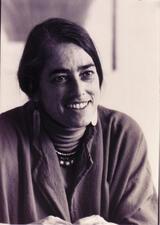
Evelyn Fox Keller
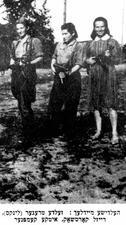
Vitka Kempner-Kovner
Vita Kempner-Kovner was a heroic fighter on the front lines of the underground resistance to the Nazis.
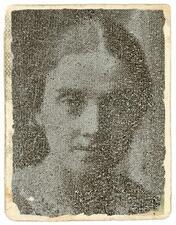
Helene Khatskels
As a member of the General Jewish Workers’ Bund, Helene Khatskels fought to realize socialist ideals about autonomy and liberation. As a Yiddish teacher and writer in Tsarist Russia and later the Soviet Union, she demonstrated a commitment to spreading and inspiring pride in Yiddish culture.
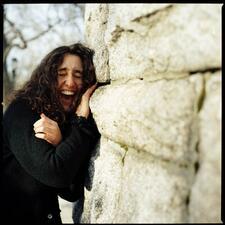
Loolwa Khazzoom
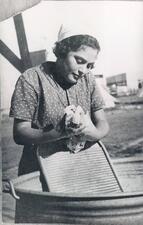
Kibbutz
Although the kibbutz was intended as an equalitarian, democratic utopia, attempts to achieve gender equality have been limited by traditional masculinities and male-controlled spheres and gender inequalities have persisted.


